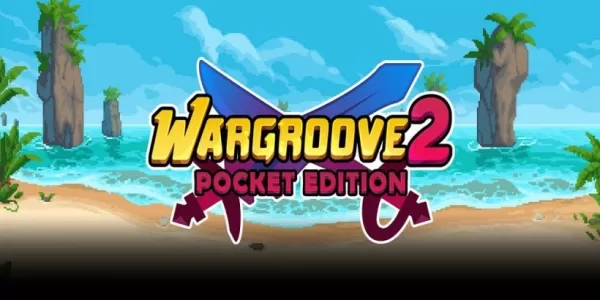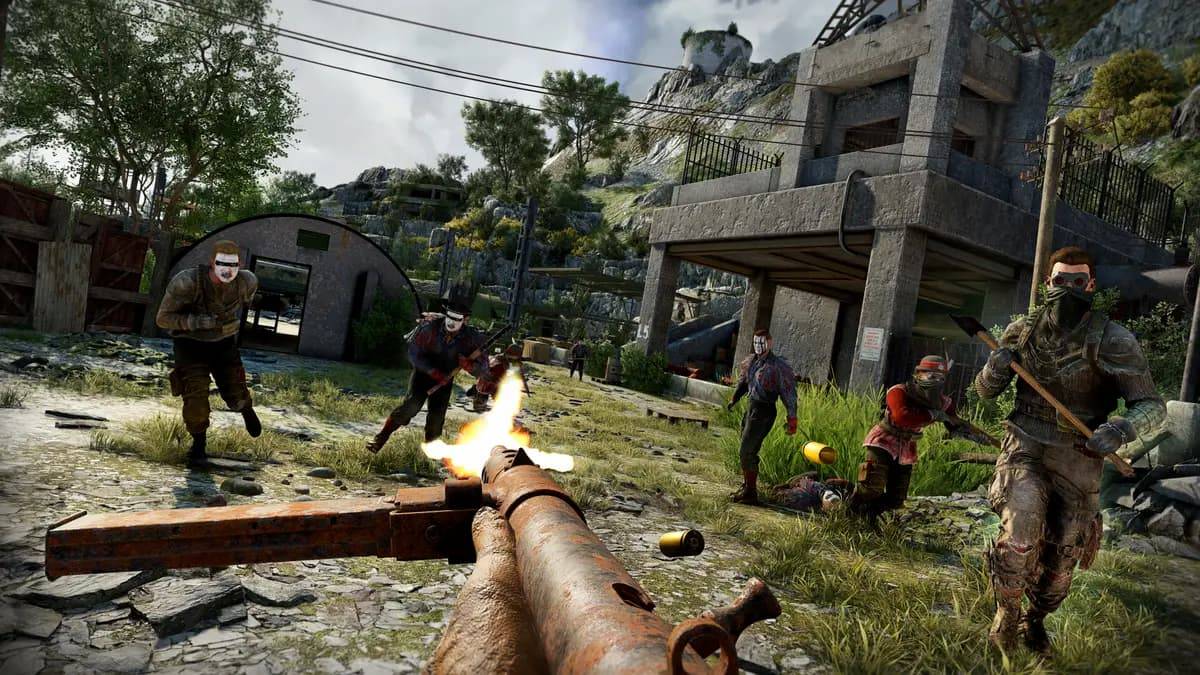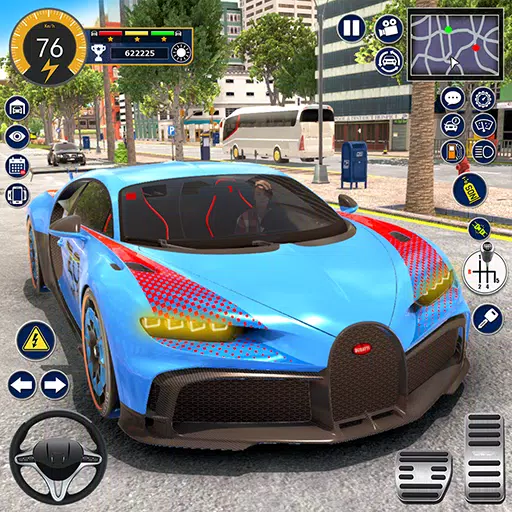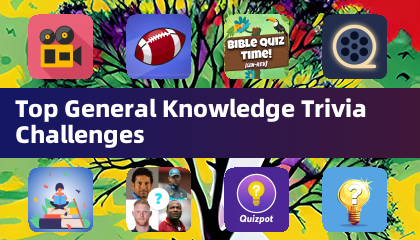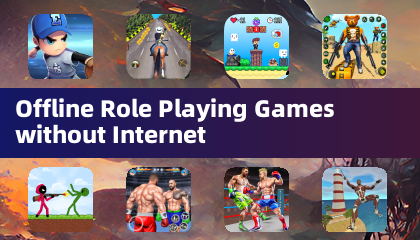The age-old debate between PlayStation and Xbox has been a cornerstone of the video game world for decades. From Reddit threads to TikTok videos and heated discussions among friends, this rivalry has captured the attention of gamers everywhere. While some swear by the superiority of PC gaming or pledge allegiance to Nintendo, the dynamic between Sony and Microsoft has shaped much of the industry's recent history. But as the gaming landscape evolves, has the so-called 'console war' reached its conclusion? The past two decades have seen significant shifts in gamers' habits, preferences, and options, driven by the rise of handheld gaming and the tech-savvy younger generations. The battlefield has transformed, yet a clear winner might have emerged—albeit not in the way you'd expect.
The video game industry has transformed into a financial powerhouse, with global revenues soaring from $285 billion in 2019 to an impressive $475 billion in 2023. This figure eclipses the combined earnings of the global movie and music industries, which totaled $308 billion and $28.6 billion respectively in the same year. Projections suggest the industry will reach nearly $700 billion by 2029, a remarkable evolution from its humble beginnings with games like Pong.
This financial success has attracted Hollywood stars like Mads Mikkelsen, Keanu Reeves, Jon Bernthal, and Willem Dafoe to video game roles in recent years, highlighting a significant shift in how video games are perceived. Even giants like Disney are making strategic moves, with a $1.5 billion investment in Epic Games to solidify their presence in the gaming world under Bob Iger's leadership. However, not all boats are rising with the tide—Microsoft's Xbox division appears to be struggling.
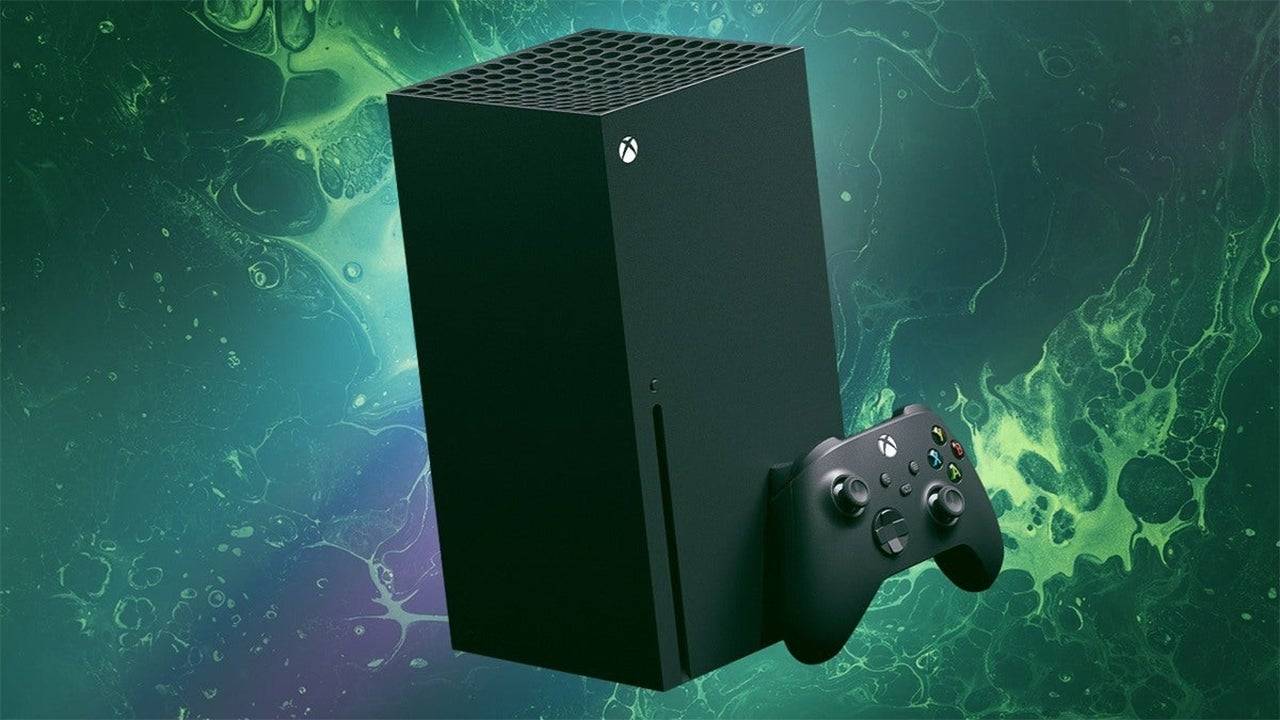
The Xbox Series X and S were designed to be significant upgrades over the Xbox One, but the sales figures tell a different story. The Xbox One outsells the Series X/S by nearly double, and according to Circana's Mat Piscatella, the current console generation may have already peaked in sales. In 2024, the Xbox Series X/S sold less than 2.5 million units for the entire year, while the PlayStation 5 achieved the same sales figure in just the first quarter. Rumors of Xbox potentially closing its physical game distribution department and pulling out of the EMEA region further suggest a retreat from traditional console sales.
Microsoft's Xbox division has seemingly surrendered the console war. During the Activision-Blizzard acquisition, Microsoft admitted that it never believed it could win the console war to begin with. Faced with underperforming sales and a parent company openly acknowledging its struggles, Xbox is shifting its focus away from console hardware. Xbox Game Pass has become a central strategy, with leaked documents revealing hefty fees for including major titles like Grand Theft Auto 5 and Star Wars Jedi: Survivor. Microsoft's 'This Is An Xbox' campaign emphasizes this shift, redefining Xbox not just as a console but as an accessible service with complementary hardware.
This redefinition extends beyond traditional consoles. Rumors of an Xbox handheld device and Microsoft's plans for a mobile game store to rival Apple and Google indicate a strategic pivot towards mobile gaming. Xbox chief Phil Spencer has acknowledged the dominance of mobile gaming, and it's clear that Microsoft aims to be a gaming brand accessible anytime, anywhere.

The shift to mobile gaming is no surprise, given that in 2024, of the estimated 3.3 billion gamers worldwide, over 1.93 billion play on mobile devices. Mobile gaming's market valuation reached $92.5 billion in 2024, accounting for half of the industry's total $184.3 billion. In contrast, console gaming's share has dropped to $50.3 billion, a 4% decrease from the previous year. This shift explains Microsoft's focus on turning your phone into an Xbox.
Mobile gaming's dominance isn't a recent phenomenon. By 2013, the Asian market for mobile gaming far exceeded that of the West, with South Korea and China leading the charge. Games like Puzzle & Dragon and Candy Crush Saga out-earned even blockbuster titles like GTA 5. Throughout the 2010s, mobile games like Crossfire, Monster Strike, Honor of Kings, Puzzle & Dragon, and Clash of Clans topped the charts, despite not being as culturally iconic as their console counterparts.
The rise of mobile gaming isn't the only factor drawing attention away from consoles. PC gaming has also seen significant growth, with an increase of 59 million players year-on-year since 2014, reaching 1.86 billion in 2024. This growth was particularly pronounced during the 2020 COVID pandemic, which boosted streaming and online gaming. However, despite the rise in technologically savvy gamers and advanced hardware, the PC gaming market's share remains behind consoles, with a $9 billion gap in 2024.

On the other side of the console war, PlayStation is thriving. Sony's latest quarterly earnings report shows 65 million PS5 units sold, significantly outpacing the 29.7 million combined sales of the Xbox Series X/S. For every Xbox Series X/S sold, five PS5s find a home. Sony's Game and Network Services saw a 12.3% profit increase, driven by strong sales of first-party titles like Astro Bot and Ghost of Tsushima Director’s Cut. Projections suggest that by 2029, Sony will have sold 106.9 million PS5 units, while Microsoft expects to reach only 56-59 million Xbox Series X/S units by 2027. With Xbox titles potentially coming to PlayStation and Switch, Sony's position as the king of consoles seems secure.
However, the PS5's success isn't without challenges. Half of PlayStation users still play on PS4s, and the PS5's exclusive game library is relatively small, with only 15 true exclusives if remasters are excluded. The PS5 Pro's $700 price tag received mixed reviews, with many feeling the upgrade came too early in the console's lifecycle. Yet, the upcoming release of Grand Theft Auto 6 could change the narrative, offering the PS5 a chance to showcase its capabilities.
So, is the console war over? For Microsoft, it seems there was never a belief in winning against Sony. For Sony, the PS5 is a success but lacks the groundbreaking exclusives needed to fully justify its price. The real winner appears to be those who opted out of the console war altogether. Mobile gaming companies like Tencent are increasingly influencing the industry, with rumors of acquisitions and expansions into traditional console gaming. As mobile gaming continues to grow, the next five years of gaming history will be defined more by cloud gaming infrastructure than by console hardware. The console war may be over, but the mobile gaming war—and the smaller conflicts it spawns—has just begun.

